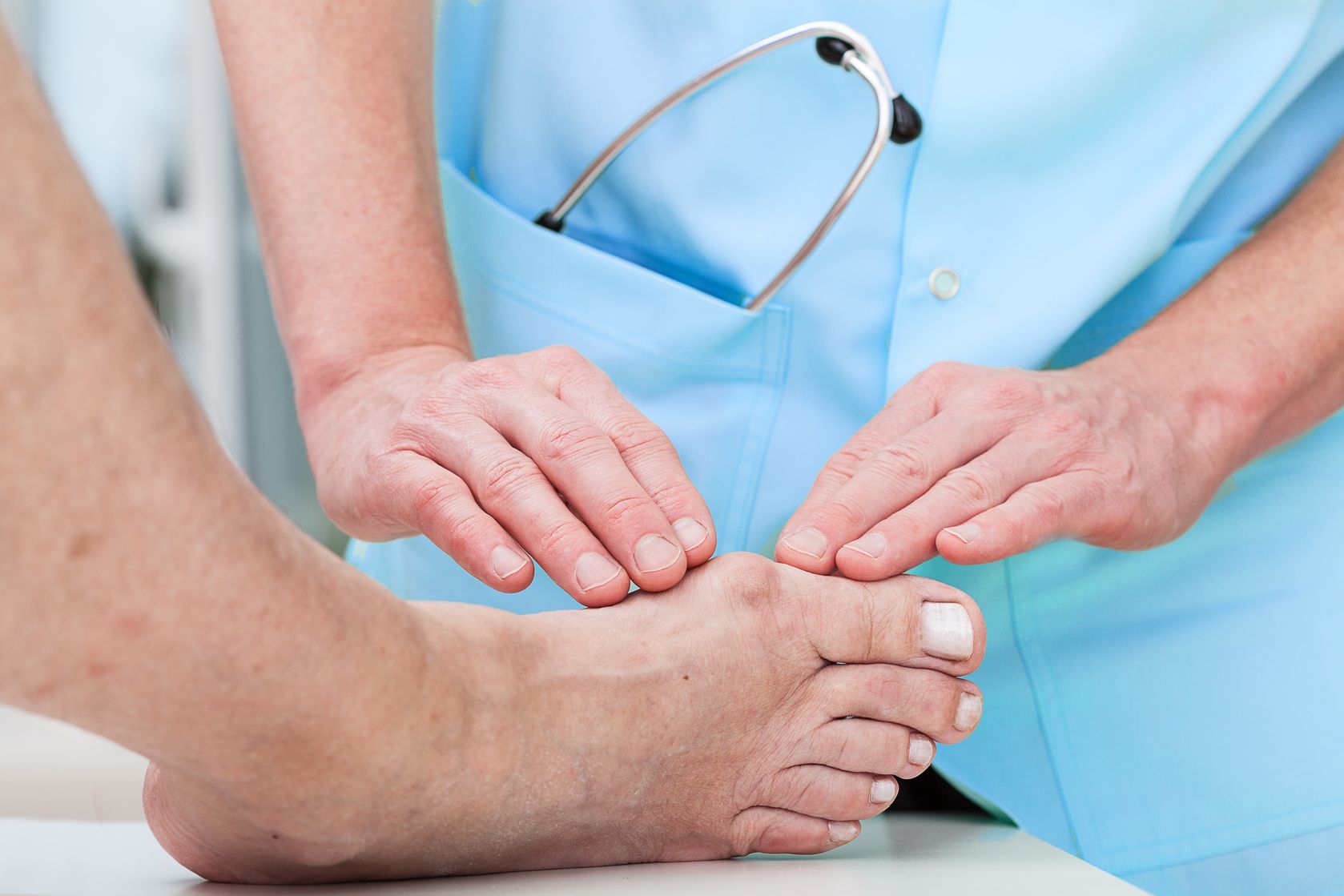5 Crazy Ways to Recover From a Bunion Surgery
 So you’ve just had bunion surgery, and the doctor most likely sent you home with antibiotics and pain medication. However, you may be wary of relying on narcotic-containing pills due to the addiction danger. While they are certainly a good choice in the immediate days following a surgery, some people may be interested in knowing natural ways to reduce pain and inflammation that occurs after surgery. This article offers tips for faster recovery, so you can get back on your feet in less time.
So you’ve just had bunion surgery, and the doctor most likely sent you home with antibiotics and pain medication. However, you may be wary of relying on narcotic-containing pills due to the addiction danger. While they are certainly a good choice in the immediate days following a surgery, some people may be interested in knowing natural ways to reduce pain and inflammation that occurs after surgery. This article offers tips for faster recovery, so you can get back on your feet in less time.
1. Get Plenty of Sleep
You will most likely feel tired for a few days after surgery. Though you may not need any prodding, get plenty of sleep. Living in modern days has offered us a tough choice between watching another episode on Netflix or calling it a night, but sleep should take priority. There is scientific evidence showing that people who get adequate sleep are better able to deal with pain because they have higher pain thresholds. Also, consider putting the tablet away and grabbing a book because light-emitting devices can mess with our sleep cycle.
2. Laugh
The Huffington Post featured an article about natural ways to reduce pain, with laughter topping their list. Laughter releases endorphins which are the body’s natural pain-relieving chemicals. If you have friends that are good at making you laugh, invite one or two “bunion buddies” to your house. If not, thanks to tons of online video services, you will have no shortage of comedies to choose from.
3. Herbs and Homeopathy: Pain Relief Outside of the Box
Despite common belief, homeopathy isn’t all hocus pocus. The Michigan State Medical Health System lists homeopathic remedies on their website that are associated with relieving post-surgical conditions. Some remedies like Hypericum perforatum relieve pain that travels across nerves, while others like Staphysagria relieve the annoying itchiness and pain associated with tissue healing. A simple website search of the compounds will lead you to homeopathic companies who manufacture them.
Certain herbs for inflammation have long shown promise One study pulled together a list of common anti-inflammatory herbs and their recommended dosages. Curcumin and green tea are common ones which deliver results. You can find curcumin, a pigment derived from turmeric, in pill form. A standard dose is between 400 and 600 mg three times per day. The recommendation for green tea is three or four cups per day. Try to stick with the non-caffeinated version since researchers say it is unknown if the decaffeinated version has the same effect.
4. Freshen Up Your Diet
Natural remedies and OTC medicines like ibuprofen are good ways to reduce inflammation, but your diet may be sabotaging those efforts. Foods we eat can both reduce and cause inflammation. Furthermore, since pain from bunion surgery can last up to six-months, it may be worth considering a complete change in your diet.
Harvard University maintains a list of anti-inflammatory promoting foods as well as foods to avoid. Leafy greens and certain fruits contain compounds that reduce inflammation. These include tomatoes, spinach, kale, collards, berries and oranges. Interestingly, coffee may also reduce inflammation, so yes, go ahead and grab another cup of joe.
The foods you want to avoid are also already ones with a bad reputation such as refined carbohydrates, sugar, and red and processed meat. If you are a seafood person, substitute inflammation-fighting fish such as salmon or mackerel instead.
5. Get off Your Feet and Get Busy
“As your foot recovers, you will gradually want to keep moving to ensure proper circulation,” said Advanced Foot and Ankle Institute of Georgia LLC. The type of bunion surgery will determine how quickly you can walk. But in the early days of post-surgery, you may want to consider other possibilities besides hobbling around in crutches. In an article in Podiatry Today, the experts offer a link to a YouTube video they recommend for patients immobilized by foot injuries or surgeries. These are exercise routines you can do while sitting in bed. So, put some music on and get busy in bed.
Lest you think that last sentence has naughty connotations, research has shown that orgasms reduce pain and stress. So you may want to consider getting that on as well. Just make sure you have an understanding partner who will be careful with your injured foot. Plus, if you can elevate your foot at the same time, this will help reduce inflammation.

















